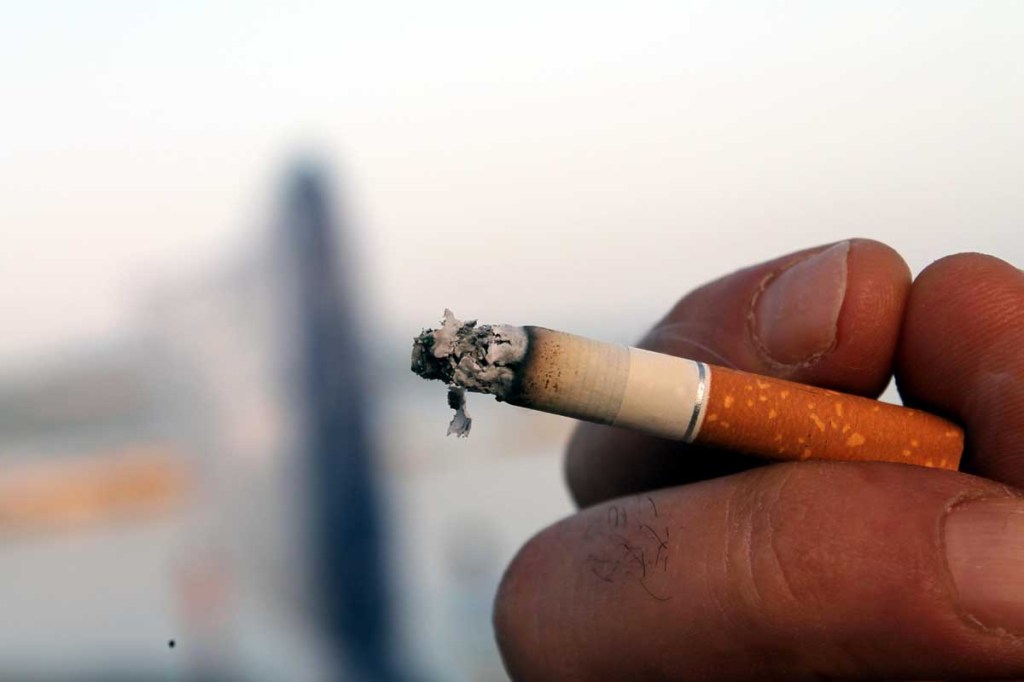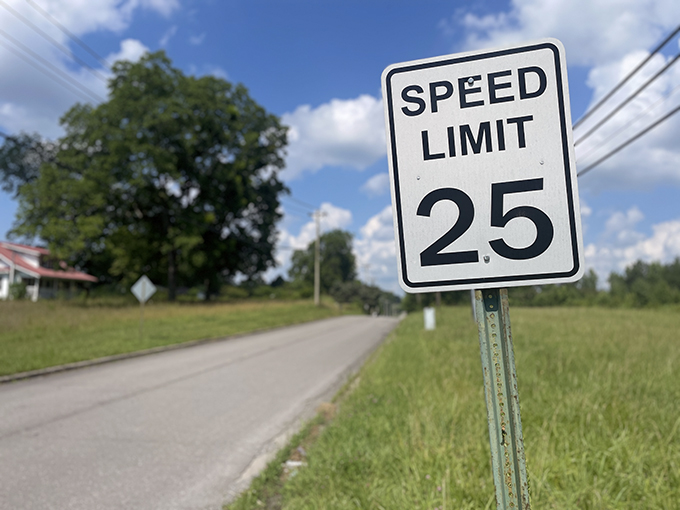With cigarette tax extinguished, lawmakers say cuts on horizon
Published 5:31 pm Thursday, May 19, 2016

- (Stock image/ MorgueFile)
OKLAHOMA CITY — Hours after lawmakers declared themselves hopelessly deadlocked Wednesday on whether to hike the state’s cigarette tax, a discouraged and frustrated Brett Coble spent his evening learning about closing nursing homes.
Coble, who administers the last remaining nursing home in Jefferson County, said he was upset to learn that while he and other health care providers spent their night worrying, many of those same deadlocked lawmakers spent their night at a party celebrating the end of session.
Tandie Hastings, who heads the group that advocates for nursing homes, wonders if lawmakers grasp the ramifications of failing to act.
“There is no Plan B that we’re aware of,” said Hastings, president of the board of the Oklahoma Association of Health Care Providers. “So we’re worried. We’re scared. Our residents are scared. Our employees are scared.”
With Oklahoma’s $1.3 billion shortfall, the state’s largest insurer is facing reimbursement rate cuts as high as 25 percent. Officials say the crisis threatens rural hospitals, ambulance services, doctors and nursing homes.
The new cigarette tax, which would have raised the price a pack of cigarettes by a $1.50, could have raised an estimated $180 million to shore up the state’s ailing Medicaid system.
More than 800,000 low-income Oklahomans — almost 1 in 5 — rely on the state-managed medical insurance.
The Legislature’s failure to come to terms on that tax, meanwhile, also jeopardizes the financial health of schools and other services. That’s because lawmakers tasked with crafting the budget were banking on that additional revenue, said Rep. Doug Cox, R-Grove, a physician who is championing the tax hike.
“This cigarette tax is going to affect everything,” Cox said. “There’s going to be people lose their election over this issue. And I’m not so sure that they shouldn’t when you look at the faces this is going to affect.”
Coble and Hastings spent Thursday roaming the halls of the state Capitol, begging any lawmakers who would listen to reconsider what they see as their last hope to save the state’s ailing health care system.
“I don’t have a Plan B,” said House Speaker Jeff Hickman, R-Fairview, on Wednesday just before the vote ended 36 votes short of the 76 needed to advance. “I don’t know if anyone has a Plan B.
“Plan B is nursing homes close,” he added. “Hospitals close. Mental health providers go away. (Department of Human Services) services go away. That’s the plan. That is Plan B if we’re not able to reach a solution.”
Republican Gov. Mary Fallin, who is a strong advocate for the tax hike, said it would be “unacceptable” if lawmakers can’t come up with a solution. She threatened to order lawmakers back to the Capitol in June if they can’t come up with solution before the end of session next week.
“This is an issue about quality of life and providing adequate care to our citizens,” Fallin said.
Chuck Skillings, president of St. Anthony Shawnee Hospital, said Thursday that he was sitting in the Capitol when the vote failed.
“I don’t understand it. It doesn’t make sense,” he said of the decision. “We’re playing politics with people’s lives. What we’ve done is trapped health care in the middle of the political process.”
With no alternative plan in the works, he predicted hospitals across the state will close. People will be laid off. Oklahomans will lose access to health care and more doctors will drop Medicaid patients.
His hospital alone stands to lose $2 million if lawmakers do nothing.
“These legislative leaders can’t begin to fathom the results of what’s going to happen,” he said. “I don’t know how we’re going to survive what is going to happen if they don’t plug this hole.”
Dave Bond, with OCPA Impact, a lobbying arm of the conservative Oklahoma Council of Public Affairs think tank, said his group has been advocating against the tax hike. He acknowledges that something needs to be done to shore up health care, but it shouldn’t involve increasing taxes on Oklahomans.
Nearly 20,000 Oklahomans have lost their jobs the past two years, and lawmakers have other options — like eliminating subsidies to the wind industry — to fill the gap, he said.
“Raising taxes on those people so that state government doesn’t have to cut into nonessential functions is not the answer,” Bond said.
Janelle Stecklein covers the Oklahoma Statehouse for CNHI’s newspapers and websites. Reach her at jstecklein@cnhi.com.





